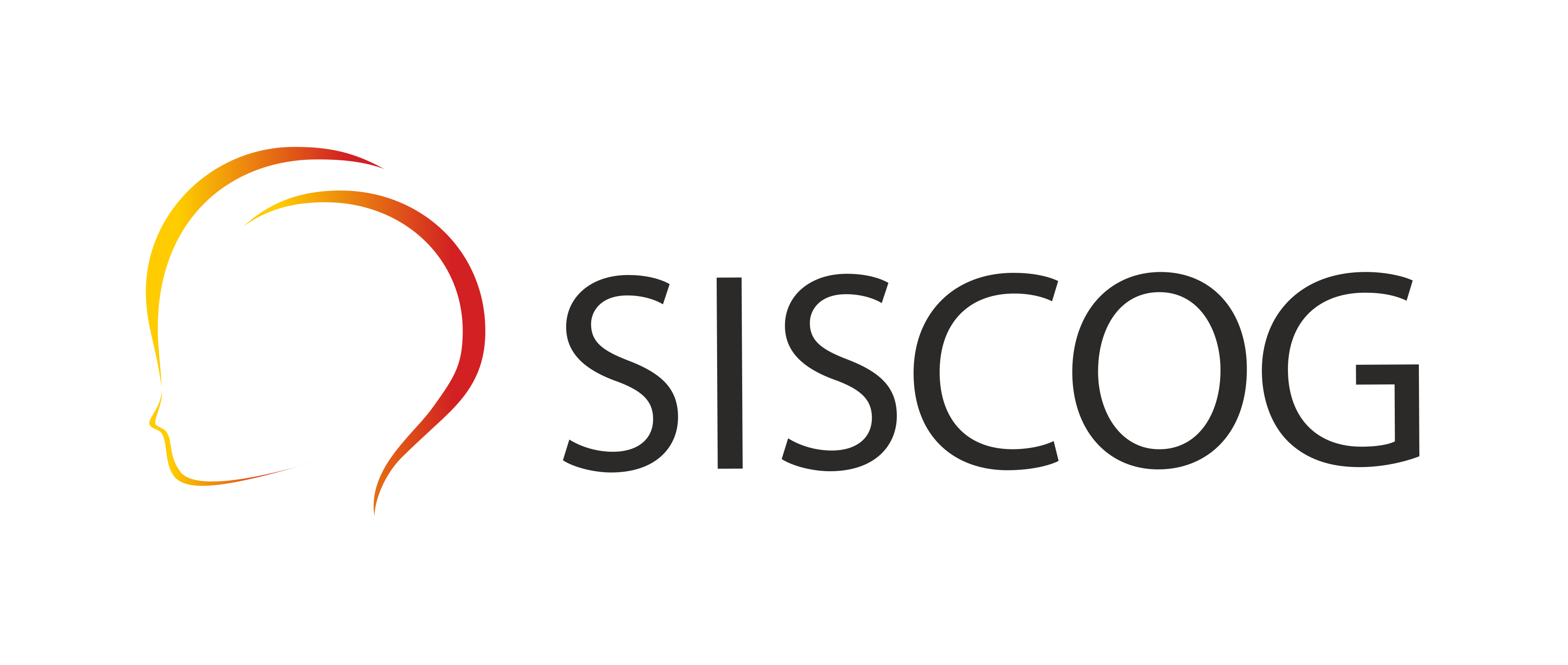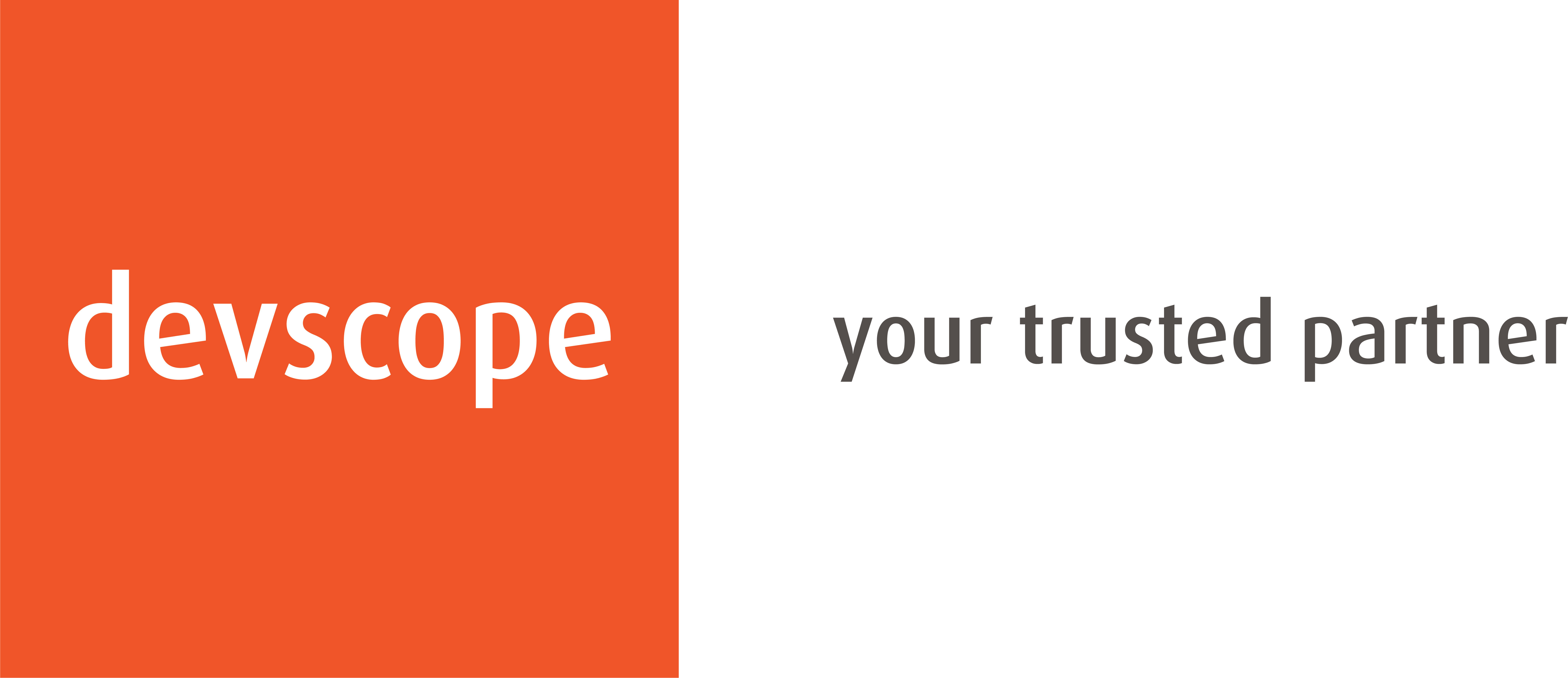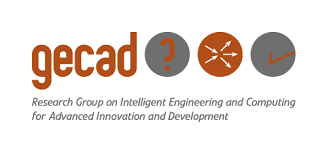Artificial Life and Evolutionary Algorithms (ALEA)
Artificial Life and Evolutionary Algorithms (ALEA) deals with the study and simulation of life and evolution. Inspired by a range of different domains including biology, chemistry, physics and social sciences, it captures the main processes of natural systems and recreates them in artificial environments, leading to the development of new computational approaches that can address large, complex and dynamic problems from different domains.
Topics of Interest
- Artificial Chemistries
- Artificial Immune Systems
- Classifier Systems
- Complex Networks
- Emergent Behaviors
- Evolution and Learning Dynamics
- Evolutionary Algorithms
- Evolutionary Machine Learning
- Evolutionary Optimization
- Evolutionary Robotics
- Evolution of Neural Networks
- Genetic Programming
- Hyper-heuristics
- Hybrid Approaches
- Multi-objective Optimization
- Origins of Life
- Parallel Evolutionary Algorithms
- Self-organizing Systems
- Swarm Intelligence
Paper Submission Instructions
All accepted papers will be published by Springer in a volume of Springer’s Lecture Notes in Artificial Intelligence (LNAI) corresponding to the proceedings of the 19th EPIA Conference on Artificial Intelligence, EPIA 2019.
Submissions must be original and not published elsewhere. Papers should not exceed twelve (12) pages in length and must adhere to the formatting instructions of the conference. Each submission will be peer reviewed by at least three members of the Program Committee. The reviewing process is double blind, so authors should remove names and affiliations from the submitted papers, and must take reasonable care to assure anonymity during the review process. References to own work may be included in the paper, as long as referred to in the third person. Acceptance will be based on the paper’s significance, technical quality, clarity, relevance and originality. All accepted papers must be presented orally the conference by one of the authors and at least one author of each accepted paper must register for the conference.
All papers should be submitted in PDF format through the EPIA 2019 EasyChair submission page. Prospective authors should select the thematic track to which their paper is to be submitted.
Important Dates
Paper submission deadline (Extended) : April 15, 2019 April 30, 2019
Notification of paper acceptance: May 31, 2019, June 7, 2019
Camera ready papers deadline: June 15, 2019, June 21, 2019
Conference dates: September 3-6, 2019
Organizing Committee
Carlos Henggeler Antunes, INESC Coimbra, DEEC, University of Coimbra, Portugal
Leonardo Trujillo, Technical Institute of Tijuana, Mexico
Luca Manzoni, University of Milano-Bicocca, Italy
Ivo Gonçalves, INESC Coimbra, DEEC, University of Coimbra, Portugal
Program Committee
Antonios Liapis, Institute of Digital Games, University of Malta, Malta
Carlos M. Fonseca, Universidade de Coimbra, Portugal
Carlos Henggeler Antunes, INESC Coimbra, University of Coimbra, Portugal
Enrique Naredo Garcia, CentroGeo, Mexico
Eric Medvet, University of Trieste, Italy
Gabriela Ochoa, University of Stirling, UK
Gianluigi Folino, CNR-ICAR, Italy
Ivo Gonçalves, INESC Coimbra, University of Coimbra, Portugal
James Foster, University of Idaho, USA
Jin-Kao Hao, University of Angers, France
Julian Miller, University of York, UK
Leonardo Trujillo, Technical Institute of Tijuana, Mexico
Luca Manzoni, University of Milano-Bicocca, Italy
Luís Correia, University of Lisbon, Portugal
Luís Paquete, Universidade de Coimbra, Portugal
Marc Schoenauer, INRIA, France
Mario Giacobini, University of Torino, Italy
Mauro Castelli, NOVA IMS, Portugal
Pablo Mesejo Santiago, University of Granada, Spain
Rui Mendes, Universidade do Minho, Portugal
Stefano Cagnoni, University of Parma, Italy


















